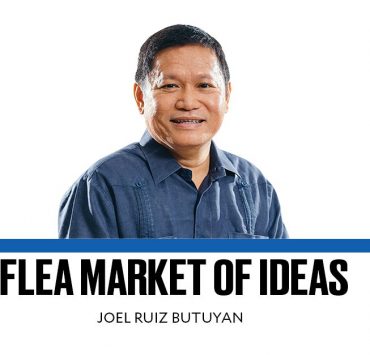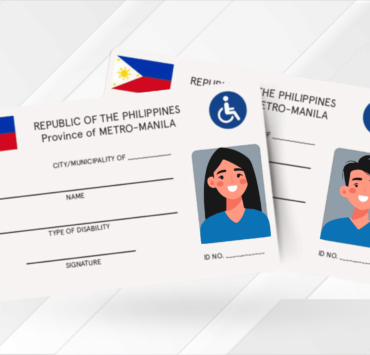Victimized twice over

On March 11, 2025, something that was once unthinkable happened: Rodrigo Duterte was arrested by the Philippine government and, in a matter of hours, was flown to the custody of the International Criminal Court (ICC) in The Hague, Netherlands. There, the former strongman now awaits trial for charges of murder as a crime against humanity stemming from the blood-soaked “war on drugs” that was the defining legacy of his administration.
For six brutal years, and three more years after that as Duterte continued to enjoy the space and prominence to spew his trademark toxic cocktail of bile, abuse, and bluster under the initially friendly Marcos administration, the “Punisher” from Davao seemed untouchable, invincible. A number of grieving families who lost loved ones to his drug war had summoned the courage early on to file cases at the ICC, when they couldn’t find headway in the local police and court systems then under the thumb of an all-powerful president. But right up to Duterte’s fateful trip to Hong Kong on the eve of his surprise arrest, when he once again taunted the ICC to get him, the notion that the law would finally catch up with him still seemed far-fetched, a pipe dream.
Cosmic moment
That it finally happened was a cosmic moment of reckoning—the arc of the moral universe now seemingly bending toward justice. It represented a turning of the page for the country, when it could at last begin to formally reckon with the wreckage Duterte’s violent rule had wrought on the nation.
More to the point, his arrest represented a long overdue day of judgment for the thousands of Filipinos—official records say about 6,000, independent counts say closer to 30,000—who ended up dead in dark alleys, following Duterte’s incessant goading of the police forces to be unforgiving in their anti-drug operations. For the families of the victims, it was the first genuine shaft of light to shine on their long and lonely quest for justice for their murdered kin.
But, no sooner had news of Duterte’s apprehension flashed across screens all over the globe than a familiar beast just as quickly reappeared. Fake news, disinformation, and online abuse, long a mainstay of the Duterte years when millions of ordinary Filipinos were empowered by a president with a penchant for bullying to act in a similar manner on social media, spiked to fresh heights in the wake of Duterte’s arrest.
Online assault
It was, as media observers noted, a well-coordinated campaign to wrest the narrative in Duterte’s favor. The worst attacks involved an appalling repeat of the slander and harassment the victims’ families had to endure in the previous years. A pro-Duterte vlogger’s declaration—for which she eventually had to apologize and own up to as “fake news” before a House panel—summed up this main talking point: The hallmark extrajudicial killings (EJKs) of the drug war were a “massive hoax.” Online trolls would go to town parroting this claim, making the case that families who had gone to the ICC were faking it, and thus deserving of scorn, death threats, and so much more.
In the affidavits they filed last week with the National Bureau of Investigation (NBI) asking the agency to track the people or groups behind these attacks, the victims’ families, along with human rights lawyer Kristina Conti, cited the toll the online bullying had taken on them. “The attacks … include doctored images, fabricated narratives, misogynist hate speech, and outright disinformation,” said the group’s counsel, the National Union of People’s Lawyers.
The online assault has not been confined to the EJK families. Judge Iulia Motoc, one of the presiding jurists in Duterte’s ICC trial, saw her LinkedIn page bombarded with comments and posts by Duterte diehards.
Accountability and justice
Similarly, when Duterte’s British-Israeli counsel Nicholas Kaufman appealed to Duterte supporters to cool it with their rhetoric and that “the judicial process must be respected,” many turned on him, berating him instead. Even more absurdly, another Nicholas Kaufmann, an American author, had to come out to clarify that he wasn’t Duterte’s lawyer after the Duterte crowd, failing to catch the extra N in his surname, barraged him with messages and comments, some even accusing him of lying. “It feels very invasive … I don’t understand why these folks won’t listen to reason,” he said.
Perhaps, like the pro-Duterte vloggers who admitted to purveying fake news when hauled before the House panel, the people and groups orchestrating these acts of online infamy will see reason once the NBI throws the book at them. The EJK families are being victimized twice over by the relentless attacks against them. The state needs to step up this time by going after their online harassers—as a basic act of accountability and justice, and to ensure that the truth emerging only now about those dark years under an unchecked leader is not snuffed out by more distortions and lies.

















